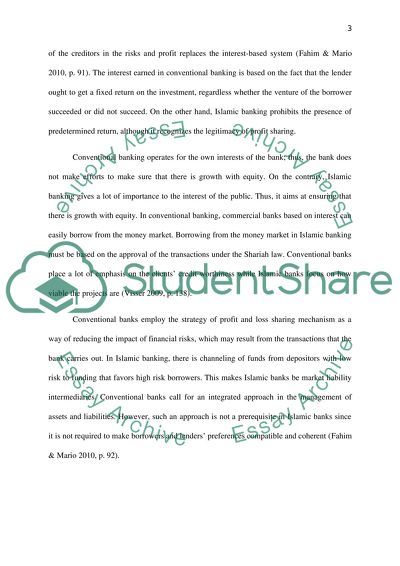Differences Between Islamic Bank and Conventional Essay. Retrieved from https://studentshare.org/finance-accounting/1601821-differences-between-islamic-bank-and-conventional
Differences Between Islamic Bank and Conventional Essay. https://studentshare.org/finance-accounting/1601821-differences-between-islamic-bank-and-conventional.


